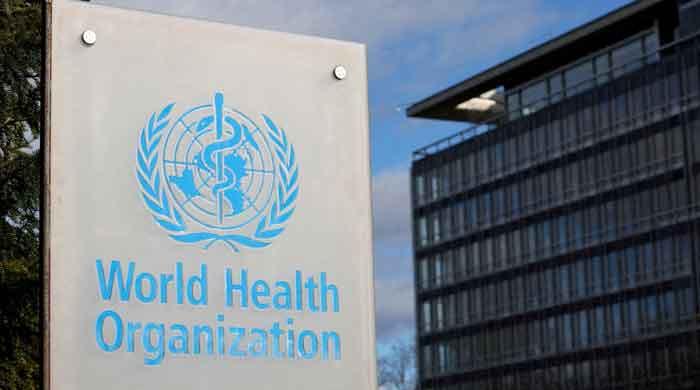How to prevent a heart attack?
Heart attacks are common medical condition forming from blood pressure, glucose, cholesterol imbalances
February 01, 2024

Myocardial infarction, the medical term for a heart attack, is the result of a blood clot that prevents oxygen and blood from reaching the heart.
If this blood flow isn't quickly restored, the damaged cardiac tissue starts to run out of oxygen and dies. Heart attacks, sadly, can be lethal if appropriate medical attention is not received, according to Health.
For prompt intervention and treatment, it is imperative to identify the symptoms of a heart attack. Chest pain, a sudden feeling of weakness, lightheadedness, and dyspnea are possible symptoms.
It's imperative that you contact emergency services right away if you or someone around exhibits heart attack symptoms. The likelihood of recovery increases with the speed of response.
After a heart attack, one can continue to lead an active life. Many people continue to enjoy happy lives after receiving prompt medical attention and the right care. Even though heart attacks are prevalent, you can lower your risk of having one by using a number of prevention techniques.
Lack of oxygen-rich blood flow to the heart is a common cause of heart attacks. Coronary artery disease, a heart ailment that arises when the coronary arteries (the blood vessels supplying your heart) narrow as a result of plaque buildup, is a common cause of heart attacks.
With time, breathing difficulties, chest pain, or a blockage that could result in a heart attack can all be brought on by the restricted blood veins.
The following aspects need to be kept in mind in order to counter heart attacks.
Although high blood pressure doesn't necessarily cause symptoms, it can raise the chance of having a heart attack. If your blood pressure is too high or too low, have it checked during your routine visit, and talk to your doctor about your results and any necessary treatments.
Your cholesterol levels are determined with a fasting lipoprotein profile test. It is recommended by providers that individuals who are at normal risk of having a heart attack have this test once every four to six years. However, if you have an increased risk of heart disease, a heart attack, or a stroke, your doctor might advise more frequent checkups.
The comprehensive metabolic panel (CMP), a common blood test, is usually ordered by your healthcare physician to measure your blood glucose, or the quantity of sugar in your blood. Excess glucose may indicate diabetes, a condition that raises the risk of a heart attack.
One way to determine your risk of a heart attack is to have your blood sugar levels examined annually.
In addition, certain healthy lifestyle changes are also needed to be followed to prevent this pain. In case of severe unknown risks, it is essential to contact your healthcare provider.











